To visit Reverend Canon Loughrey’s website as mentioned in this podcast, visit: https://www.redshoeswalking.net/
Charles Pakana (Victorian Aboriginal News):
Joining me today on the podcast is someone you may remember, if you’ve been listening to the Referendum 23 Tapes podcast. We spoke to him in March 2023, so a good five months ago. He’s the Anglican Church’s Reverend Canon Glenn Loughrey, who’s been on the road for months yarning up about The Voice and the referendum. Reverend, welcome back to the podcast.
Rev. Glenn Loughrey:
Thanks, Charles. It’s great to be back.
Charles:
Well, the big thing is, and I did say initially that we were going to be catching up with you, but now that you’ve been on the road for about, crikeys, nearly half a year, a little bit of an overview. What’s it been like for you? A positive, negative experience? What are the challenges? We’ll leave it open to you.
Rev. Loughrey:
Well, look, it’s been a very exciting time, and you can put a lot of different definitions on the word exciting. It’s been wonderful to be out amongst people and having the opportunity to talk to them and to tell the story about the Statement from the Heart, and help them to take the journey. Like all of these processes, when you’re in front of people, people do want to say what they think, sometimes without any filters, and it can be quite confronting and triggering. But across the country, and I guess I work predominantly with inside of a more conservative audience, there is a great deal of fear and defensiveness that comes out of people, and that can sometimes be quite aggressive.
When it first happened, at the first few weeks, it was confronting and triggering, and you had to go back and sit and do the things that you do to try and settle yourself. Now, I’ve been doing it and I’ve done somewhere in the mid-80s of presentations, and my presentations usually take about an hour, hour and a half including Q&A, and I’ve done them from Hobart to Coffs Harbour, out to Byron, in Adelaide, to all kinds of audiences.
Charles:
Well, you’ve said that your audience is primarily conservative. How would you classify your audience?
Rev. Loughrey:
Well, my audience, because I’m working on behalf of the Anglican Church, is predominantly within the religious sector.
Charles:
Right, but that’s across all the different religions. Because I know, when we spoke last time, you were speaking the Jewish sector, Roman Catholic, right across the whole spectrum.
Rev. Loughrey:
Yes. It’s not just Anglicans. It’s people from all denominations, all types of faiths. They’re an older group generally, and therefore they tend to have a more conservative worldview. So, it takes some time to work through some of the preconceptions they have, some of the long-held views, to help them to make the journey and feel less concerned about what the Statement of the Heart is, and what The Voice as part of the Statement of the Heart is.
Charles:
Well, on the ground, you’re obviously dealing with a lot of people. You’ve done 80 presentations, obviously thousands of people right across the country or up and down the East coast. What’s the general feeling that you’ve got there? Because the polls can chop and change every day of the week. What’s the feeling you’re getting?
Rev. Loughrey:
I think we’re in a very difficult position. I think those people who are being negative about The Voice have been able to build up inside people concerns about issues that don’t have any real grounds for people to make them. People are really working on the henny-penny model, the sky is going to fall.
Charles:
The sky is falling. Yep, yep.
Rev. Loughrey:
And they keep throwing out nuggets of nonsense, or as I call them, FUD, false unsubstantiated disinformation.
Charles:
Oh, we’ll have to use that one more here. Yep.
Rev. Loughrey:
And it really is, so that affects people’s ideas. Just as they think they’ve got a grip on it, somebody comes up with another hand grenade to throw into the circle. I think that’s been difficult and I think it’ll be touch and go. I don’t have the confidence that some other people have. I think we have a lot of work to do. Maybe it’s because of the audience that I’m working amongst, but I think it’s going to be hard work to get The Voice across the line, unfortunately.
Charles:
Well, you mentioned the disinformation that’s out there. What are some of the trending disinformation tidbits that you’ve come across? I can guess at a few of them, thanks to Sky News, but as I said before we started the interview, I won’t mention names. But what are some of the classics that you’re hearing?
Rev. Loughrey:
Well, we’ve had the classic in the last few weeks, that the Statement from the Heart is 27 documents, not just one page. 27 pages, not just one page. We’ve had to work hard to take that out of the question. We’ve heard about people who think that’s going to be a tax on their housing, on their property to pay for this process. We get people who still think that The Voice is going to make laws and rules.
Charles:
Oh, dear. We’re getting back to that third chamber of Parliament again, aren’t we?
Rev. Loughrey:
Yes, yes, we are. We continue to hear about the fact that it’ll be full of elites from Canberra.
Charles:
Oh, is that one still doing the rounds? Really?
Rev. Loughrey:
That one’s still doing the rounds. Oh, I get on a regular basis, people stand in front of me and go along the lines of, “I don’t like fake, elite Aboriginals.”
Charles:
Oh, goodness me.
Rev. Loughrey:
So, I just remind them that if they do their Ancestry DNA, they’ll work out that they’re not Australian.
Charles:
Do you think there’s much awareness of the general model that will probably be accepted, and that is at the regional and local voices? Is there much understanding of that, or is it just latching on to these tidbits of information, whether they’re positive or negative?
Rev. Loughrey:
I don’t think people have a lot of understanding of the fact that there’ll be regional voices and a national voice. One of the questions that comes up all the time is, “How can a body of 24 people speak on behalf of all Aboriginal groups, and who’s going to select them?” And how they’re going to get there and how long they’re going to be there. And you have to explain to them that the detail of that hasn’t been confirmed, but there’ll be elections. There’ll be representatives of local groups. There’ll be local bodies who are actually voices on the ground and they’ll deal with local issues.
The national body will deal with those big, long-term issues that we need to deal with. But it’s hard to get people to think that. I think one of the big things that’s affecting all this is that somehow, people think that Aboriginal people are getting special treatment, are going to get something that they’re not going to get.
Charles:
Oh, this is bringing the race into the Constitution as well.
Rev. Loughrey:
Race [inaudible 00:07:03]-
Charles:
They’re all aligned. Yeah, yeah. How do you deal with that when you’re on the road talking to people?
Rev. Loughrey:
Well, what I say to them, “Well, look, the race issue with the Constitution began in 1901 when we weren’t included in the Constitution.” And I refer them to Alfred Deacon and some of the things that he said about Aboriginal people, such as we weren’t supposed to be here by the end of the 1900s because we’d already died out in the south and the east, and we were dying out in the north and the west despite being cared for carefully. Those kind of processes, I help them to understand that race has been at the basis of our country right from the beginning. What we’re trying to do now is by putting Aboriginal people in the Constitution, is to bring us together so we’re one in one space.
Charles:
Are generally people listening to these arguments or these explanations and taking them on board? Or do you feel like, let’s be really honest, are there times when you’re just bashing your head against a brick wall?
Rev. Loughrey:
Oh, all of the above. There are times when you think that people are understanding. And then I often get people come to me afterwards and go, “Look, this has been really helpful. I now know that I don’t have to worry about Treaty or Truth or Makarrata.” My job is to start the process off by opening the door. They begin to understand that Makarrata isn’t this scary thing about taking houses. It’s about how do we repair our society? So I get some really good feedback, and people do make changes in their thinking in the hour and a half that you’re with them. But there are other people that you know that you’ve just spoken for 45 minutes, and they’ll ask you questions that you answered all the way through.
Charles:
What do you do in that situation, apart from just internally screaming?
Rev. Loughrey:
Well, you do the internal scream thing, but you also just gently answer that question and say it again and say it again, on the hope that it sticks at some point. I try in all the conversations I have with people to maintain the relationship. Even if somebody is really quite aggressive about their position, I still want to be able to say to them, “Let’s go and have a beer together. Let’s go and have a coffee. We can work through this.”
Charles:
Do you find that there is much aggression?
Rev. Loughrey:
There is sometimes. Sometimes, I think that comes out of people’s fear. They’re not sure how to say what they want to say, and therefore they become what seems like aggressive. But in reality, it’s just trying to have the courage to say the things that they want to say. So I try and look at the fact that this is not about me, and it’s often not about our people. It’s about the colonial memory that everybody carries about the history of this country that has never been dealt with. It’s about the individual in front of me who has concerns about this, but today could have had all kinds of things gone wrong and it’s all mounted up. And when it’s spoken out, it becomes in your face and you just have to find a way to deal around that.
Charles:
Have you found that there’s maybe a bit too much reliance on, “Well, what do Aboriginal people think about this?” Because I know that a lot of people are asking me, “Well, as an Aboriginal man, Charles, what do you think about this, because we want to take your lead?” But it’s not really necessarily about that. It’s a nationwide social call. How are you finding that?
Rev. Loughrey:
That’s very true. I’ve had some leaders in community, leaders in businesses and institutions say, “Look, we’re not going to make a decision until our Aboriginal people tell us what they want.” And I go, “Well, that must be new for you.” Know what I mean? That’s a new experience. And they look at you and you go, “Well, look, you’ve never done that before. That’s why we want a voice. Don’t use us as an excuse not to do the right thing.” Because the Statement from the Heart wasn’t written for mob. It was written for non-Indigenous people and to invite them into the conversation and to get them to make the decisions about whether they pull up their big person pants and include us in the Constitution or not.
So I say to them, “You can’t expect Aboriginal people all to agree. We are one big extended family,” I often say. When your grandmother died and you decided to get the extended family together to sell the house, how did that go? Was it smooth sailing? No, probably wasn’t. [inaudible 00:11:32]
Charles:
That’s a harsh similarity. I like that one.
Rev. Loughrey:
Yeah. Well, it’s what happens. In our space, why should you expect us… Or we’ve all had different experiences. All of our communities have had different experiences. And the other thing I say to them, “Look, there’s a little thing called Stolen Generation. Do you think we trust governments that much? Not always, no.”
Charles:
What do you think the Yes campaign should or could be doing to have more of an impact?
Rev. Loughrey:
This is a big question, because it’s been a long-running discussion I’ve had. I think we tried to become a very small target and just stay with voice and recognition, and not unpacking the whole process of the Statement from the Heart, which is really what the referendum is about in some senses. I would rather see them talking the cycle or the circle that I use and described to help people to understand this is a process. This is something that’s going to take some time. I also think that we need to take it away from the political spaces. If you’ve got people knocking on doors who come from politically aligned, local members, et cetera, that’s already polarizing your audience at the doorstop.
Charles:
Absolutely.
Rev. Loughrey:
I think we have to take it out of that whole politicals process. It’s been run, in some senses, a little like we do for federal elections, door-knocking, letter box dropping, street corner stuff. I’m not sure that’s effective in this process.
Charles:
What about conversations? I get asked a lot of times, especially by young people, “How do we hold a conversation with our parents and family about this issue?” And regardless of what side of the argument they’re looking at, how would you suggest that people of any age initiate and carry on these conversations?
Rev. Loughrey:
The best way to do conversations is while you’re doing something else together and you say, “Look, I’ve been thinking about this whole referendum thing. What do you think? I don’t know. I’m still working it through in my own mind. What do you think?” And then don’t get into an argument about detail or argument to try and convince somebody to think differently. Just help them to unpack why they think the way they do. “Oh, why do you say that, Mom? What was that about? Where does that come from?”, and help them to vocalize their thinking so they unpack themselves a little.
And then also in that process, when you are responding, do a little bit of that for them about yourself. “Well, I was thinking like that, but then I read this. I think that’s a really good idea. That’s helped me to think differently,” so it’s an open conversation, open-ended. It’s not saying, “You’re wrong.” It’s going, “Yeah, what’s that about?” And if you’re getting to the stage where you feel people are pushing back a little bit, just ease off and let it go for a while and go and do something else, or say, “Oh, that has been interesting. Yeah, let’s think about that again another time or something.”
Charles:
Well, let’s hope that gives people a bit of information. Now, Glenn, you’ve mentioned that you’ve done at least 80 of these conversations up and down the eastern seaboard or up and down the eastern states. What have you got planned for the next couple of months? Because we are looking, even though the government hasn’t announced it for a vote in mid-October. And hopefully by the time this goes to where, we may even have a date. What are your plans going forward for the next couple of months? More of the same?
Rev. Loughrey:
Yeah, more of the same. I’m doing Anglican Church Synods, which are our Diocesan Parliament. I’m speaking in Bunbury, Perth, Canberra, Tweed Heads to talk to a school up there. I’m going to Bega to catch up with some of the local mob there and do some things there. And then I’m doing more of just general Sunday congregations, community groups. Tonight, I have a group from the Sikh community, and I’m having a chat with you.
Charles:
We are indeed. We’re catching up at one of the Yarra Plenty Regional Libraries, and if people would like to know about that, we’ll have it on the Victorian Aboriginal News website. That’ll be great. The first time we actually get to sit face-to-face and have a yarn with community, which I’m looking forward to that. Just before I let you go, you mentioned the Sikh community. This is definitely one of the things that I’ve been asked to do, and it’s talk about the referendum and The Voice to multicultural communities. Is there more of a demand for that now, and is it a demand that’s not really being met?
Rev. Loughrey:
Well, there’s more of a demand for it, and I’m not sure. I know that I just take the invitations as they come, and I don’t ask the questions about who they are or where they come from. If somebody wants a group to talk about it, I’ll come and do it. I’ve done groups from the Indian community in other areas, and I found that most of these groups, of course, they have their conservative end, the same as everybody else. And for some of them, there are experiences in other places that have affected how they think, so it’s just learning to be gentle and slow. But I think it’s wonderful. I think I’m doing a couple of the Sikh communities over the next couple of weeks, and I’m available to go and talk to any of those communities. I’m very happy to do that.
Charles:
Actually, on that note, we’ll do a bit of promotion there for you. How can people get in contact with you to get out to their communities and for you to yarn with them?
Rev. Loughrey:
Well, they can go on my website, redshoeswalking.net and send me a message, and then I’ll get my secretary to… I have to have someone look after these appointments, otherwise I’d never get anywhere, mess them up. I’ll put her in contact with you and they will organize that for you. So just go to redshoeswalking.net, or you can go to my email, gloughrey@melbourneanglican.org.au, and I’ll get the email and we’ll chase up and get back to you.
Charles:
And as we did with our last interview with the Reverend, we will have those details on the website so you can get in contact with him. Reverend Canon Glenn Loughrey, I want to thank you once again. It’s always a pleasure talking to you, and looking forward to catching up with you face-to-face as we mentioned in a couple of weeks time. You look after yourself and we’ll chat again soon.
Rev. Loughrey:
Thank you, Charles.


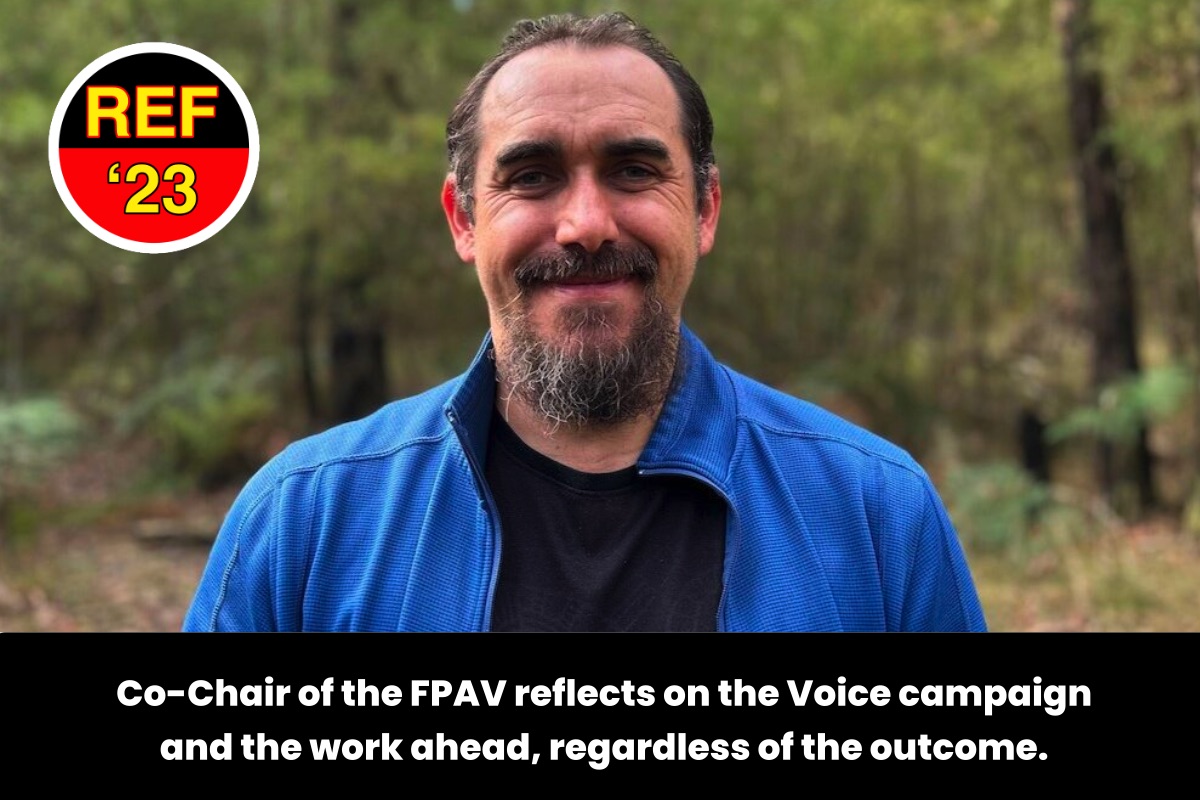
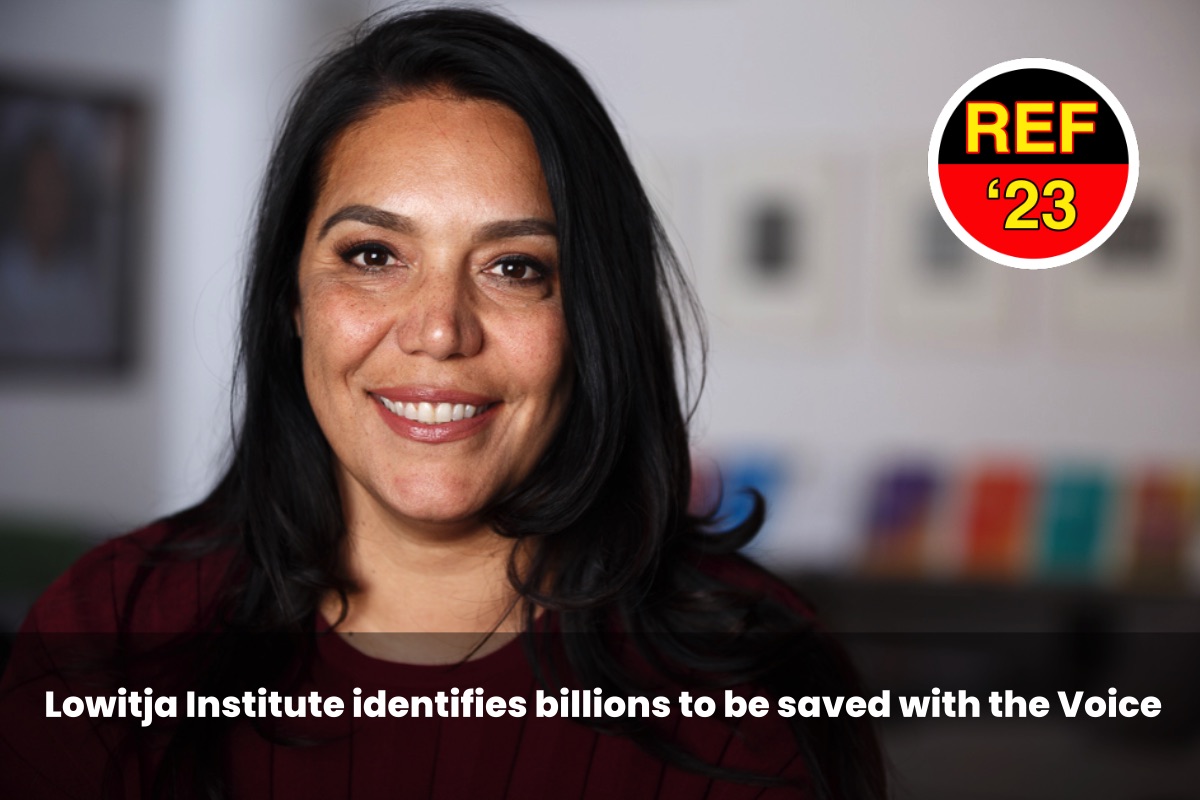
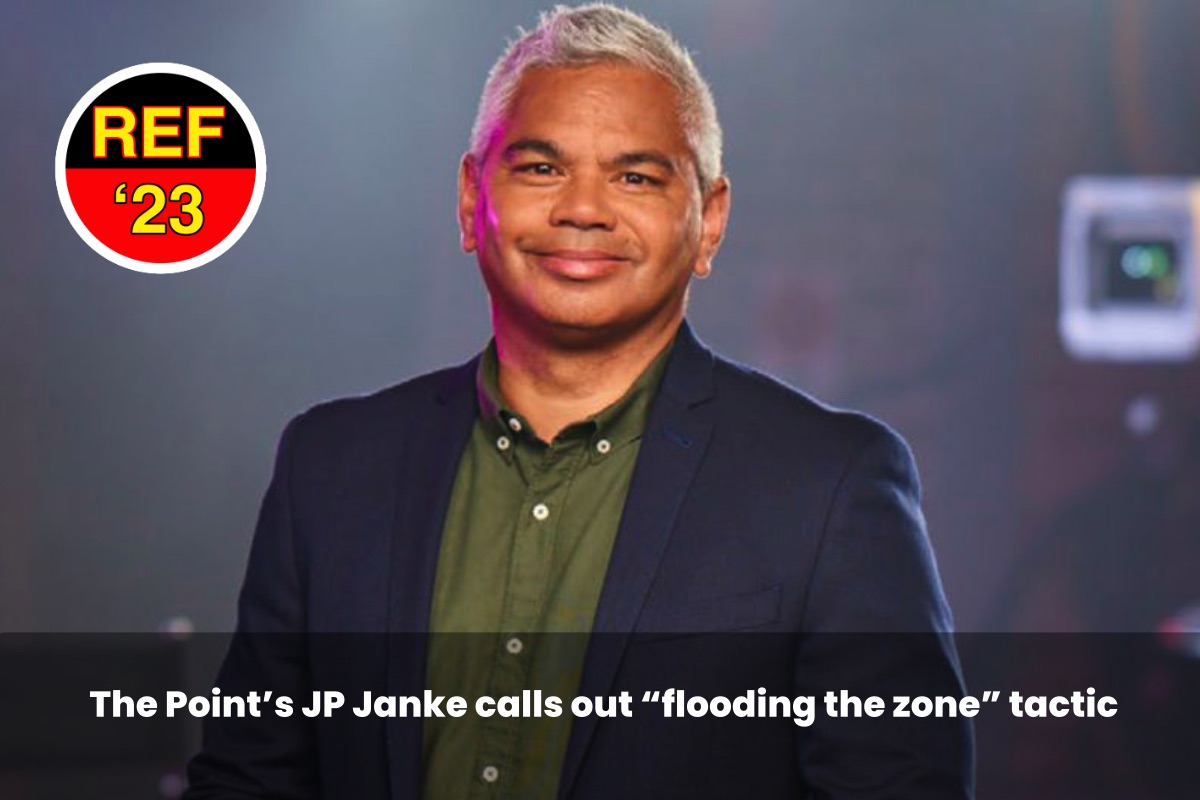
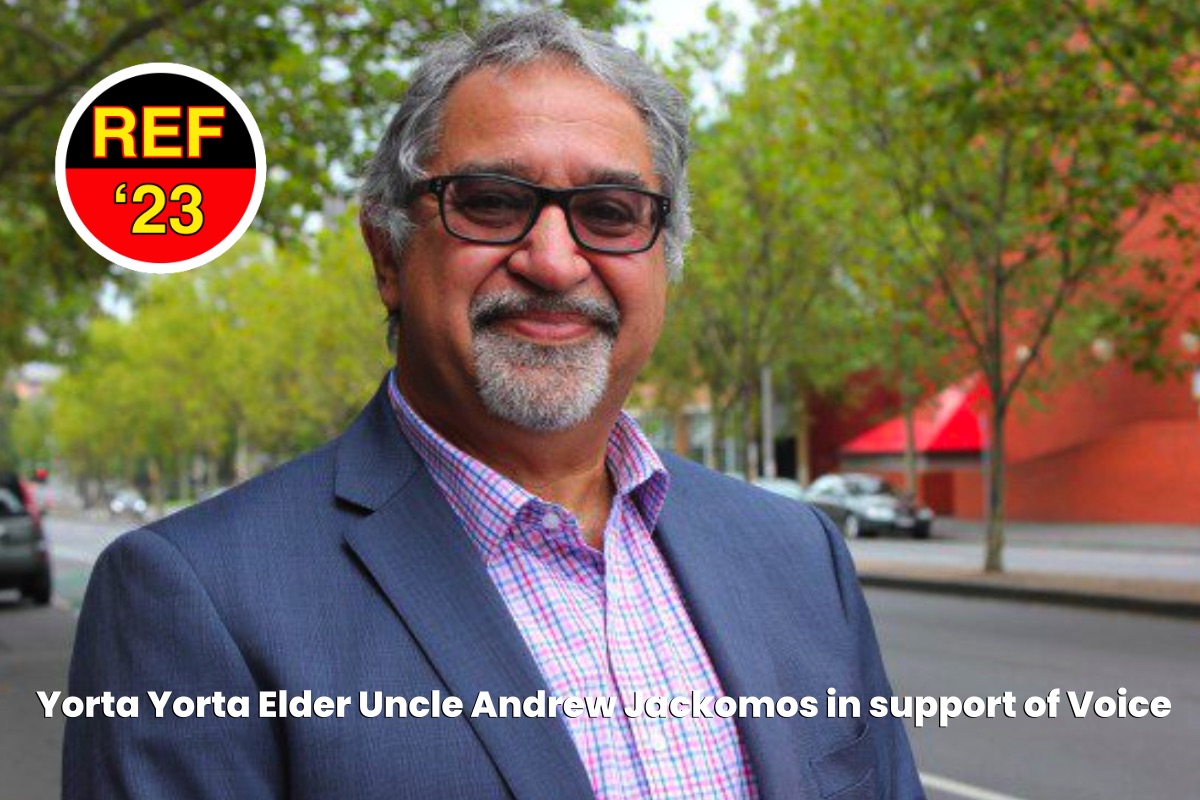
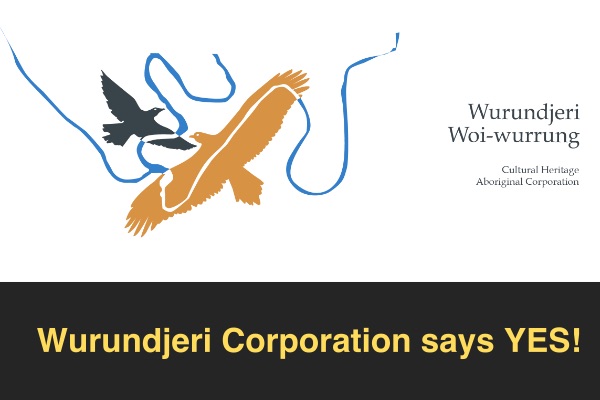

0 Comments